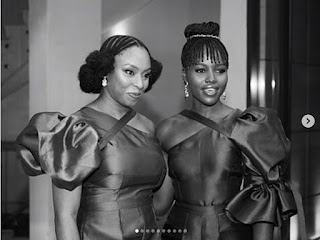My grandpa was a local medicine
man. He was the earliest untrained psychologist who expanded my understanding
of human nature beyond classroom education. A man of few words, grandpa
punctuated his rare utterances with aku
bu iro (wealth attracts enmity), a reference to his wealthy
clientele who were rumored to be ndi ogwu
ego.
He was the first person from
whom I heard that Nwata kpaa nku karia
ibe ya, a si na o kpatara ya n'ajo ohia (when a child brings home more
firewood than his peers, he will be accused of fetching them from the evil
forest). Looking back, I can clearly see the connection of this proverb to the ogwu ego phenomenon in
Igboland.
If you are an Igbo adult, you
know what the concept of ogwu ego is; it defies a precise definition simply because
it is supposedly located in the realm of metaphysics or the supernatural.
If you appear to have more money
than your peers and they are not clued into the secret source of your money,
you are in danger of being branded onye ogwu ego. If you and your brothers are
in the same type of business but you appear to excel over and beyond them, you
are likely onye ogwu ego. If your townsmen and women are backward due to their
laziness but you succeed by dint of hard work and industry, it is likely that
very soon you will have become onye ogwu ego to some of them.













